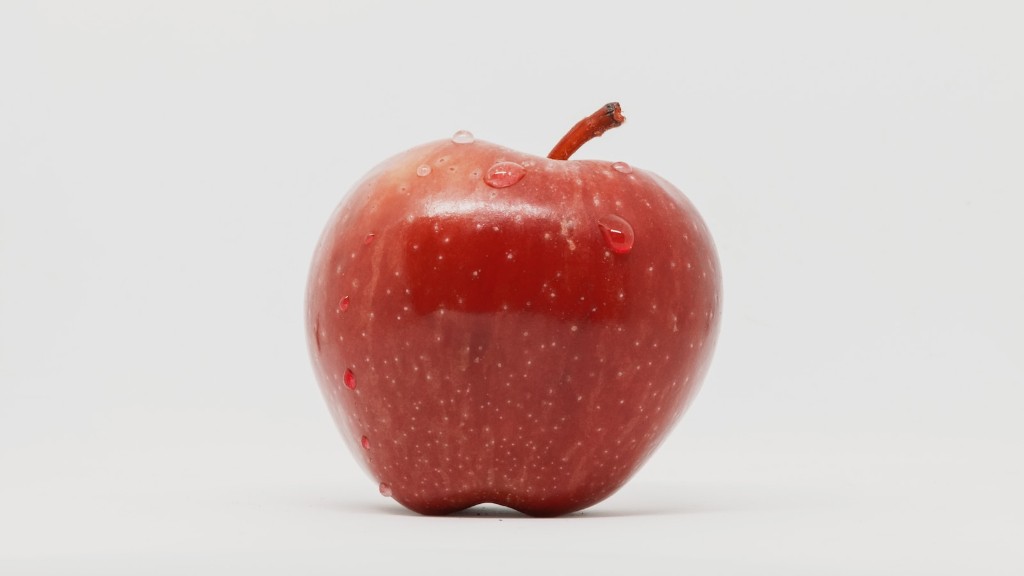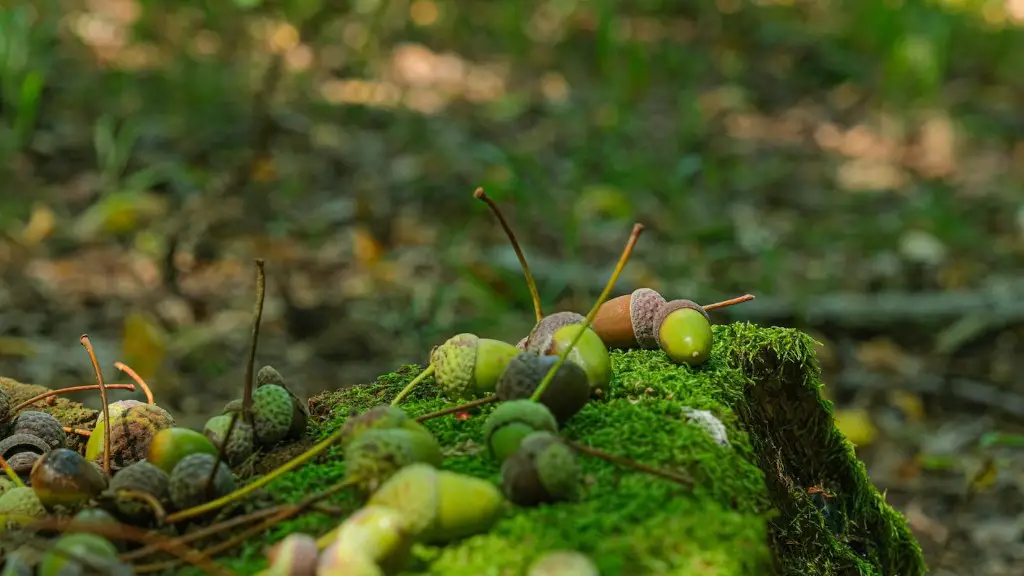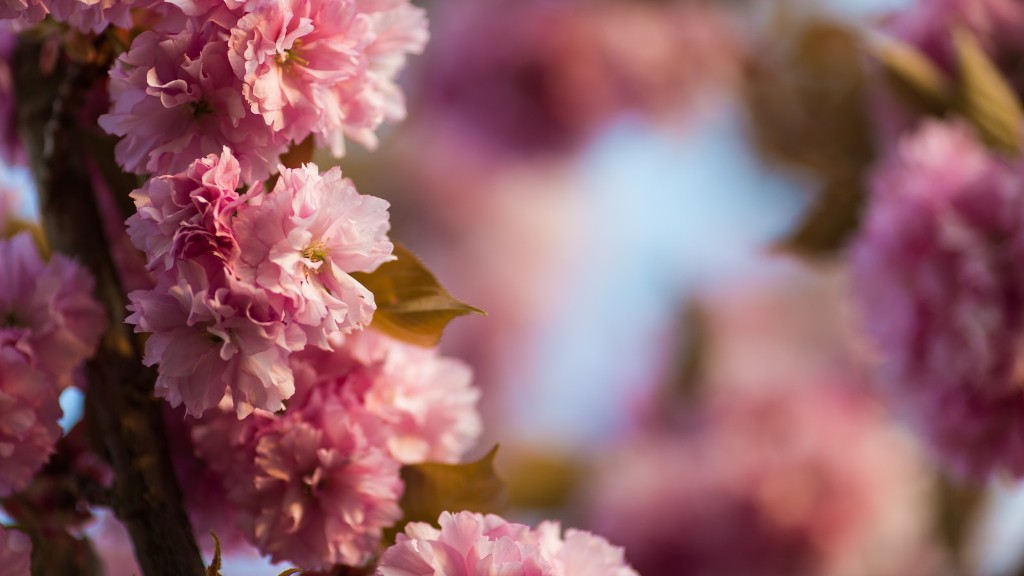Apple trees can be plagued by a variety of insects, such as Aphids, Cankerworms, Leafhoppers and Scale. These insects feed on the leaves and flowers of apple trees, causing extensive damage to their health and well-being. To prevent significant damage to apple trees, it is important to take measures to protect them from insect infestation. Here are some easy tips to help protect apple trees from insects:
Proper Pruning
To protect apple trees from insects, the first step is to practice proper pruning. This should be done annually to prevent overcrowding, which can encourage insect infestations. Oftentimes, weak or dead branches attract insects, so it is important to remove them right away. Furthermore, make sure to prune away overhanging branches and bushes in order to allow ample air and sunlight to reach the tree. Proper pruning ensures that the apple tree remains healthy and reduces the chances of an insect infestation.
Keep the Tree Healthy
The best way to protect apple trees from insects is to keep them healthy. To do this, regular fertilization and watering is recommended. Furthermore, the soil surrounding the tree should be mulched to promote better drainage and prevent weeds from competing with the tree’s nutrients. Healthy trees are more able to fight off pests and insect infestations.
Cultural Control
Using cultural control to protect apple trees from insect infestations is another great way to keep pests at bay. This involves inspecting the tree for signs of an infestation, such as sap and sooty mold, and taking the necessary steps to control the issue. For example, if spotted tentiform leafminers and leafrollers are the culprits of an infestation, then lightly spraying the tree and branches with insecticidal soap or horticultural oil can help to control the populations.
Chemical Control
If cultural methods do not suffice, then chemical control methods can also be used. Spraying the tree with a labeled pesticide can help to eradicate an infestation as well as help in controlling future infestations. However, it is important to note that chemical control must be properly applied in order to be effective. Before utilizing this method, it is important to inspect the label and apply accordingly.
Biological Control
Biological control is the last resort when it comes to controlling insect infestations in apple trees. This involves introducing beneficial insects, such as ladybugs, which feed on the pests. This can help to control infestations in a more natural way. Additionally, introducing predatory wasps may also help to control aphid populations.
Wash the Tree
To reduce the chances of an insect infestation, apple trees should also be washed on a regular basis. This can be done by spraying the leaves, branches and fruit with a garden hose. This washes away any insects and eggs that may have settled on the tree. Furthermore, it is also recommended to use an insecticidal soap or water mix in order to ensure thorough removal of the pests.
Clean Up
Finally, it is important to clean up the apple tree after harvesting. This ensures that there are no sources of food or shelter left behind that could attract insects. So, be sure to clean up damaged apples, remove fallen leaves and fruit, and cut away any dead or wilting branches.
Cover the Tree
When possible, cover the apple tree with an insect barrier in order to prevent pests from settling in. This can be done with a fine-mesh netting, which can be draped over the tree to protect it from insect infestation. Additionally, physical barriers are a great way to reduce insect populations and should be placed around the apple tree to provide further protection.
Conclusion
By following these tips, you can protect an apple tree from insect infestation and keep it healthy for years to come. Proper pruning and keeping the tree healthy is important for its protection, and introducing beneficial insects may also be beneficial in controlling insect populations. Additionally, washing the tree and using mesh netting or physical barriers can provide further protection. When done correctly, these strategies are sure to protect apple trees from insect infestations.


